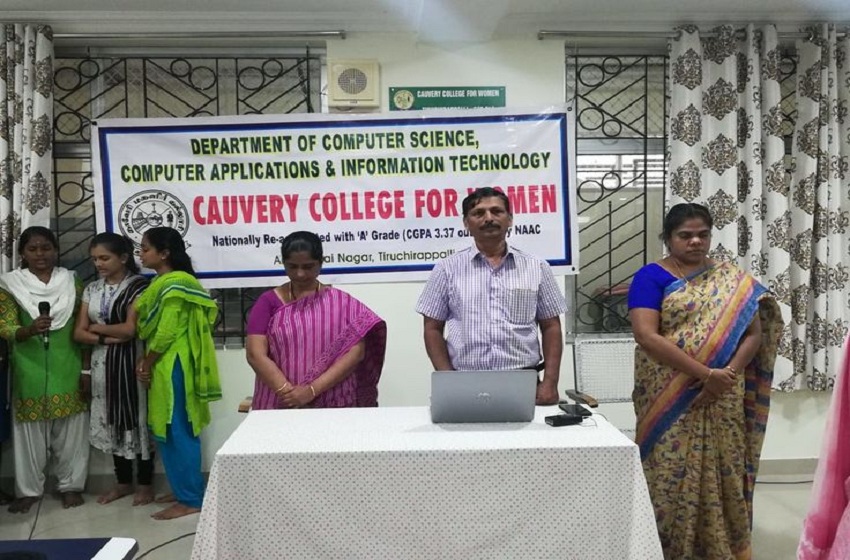Cosmogony of bodies”: creating a space for gathering, sharing and reflection

Scattered in different places in the park on benches, a rock or a blanket, the authors, in turn and then simultaneously, declaimed poems to the spectators present. This unusual formula allowed the members of Les Bourrasques to discuss the poems and observe the reactions to their writings.
The public reading of the poems took them out of their comfort zone: “We are not detached from these words (…) Tonight when we were reading, it was like being reciting our insecurities”, confided Shana Plante-Paquette.
This idea of accepting discomfort, vulnerability and letting the body inhabit the space is necessary, according to the author. This allows them to open the discussion on more taboo topics affecting the body, such as stretch marks, pimples, body hair, blemishes, fat, birthmarks, and even the violence experienced and oppression, adds Plant-Paquette.
The collective’s mission is to put forward multiple approaches that aim to reclaim voice over the body. For them, it is important to desacralize the physical envelope and poetry, then to feed the issues experienced by certain people, on subjects that we would not want to hear about. “I think this collection also brings us to uninhibit that we are all as we are,” concludes Laetitia.
According to Laetitia Beaumel, literary director of Les Bourrasques, a dialogue is established between photography and poetry in the new collection proposed by the collective: “It can give a hold, rest the eye, it brings something that doesn’t is not spoken, more intuitive. According to her, the photos help to reach people who are less into words, but to enter gently into the more difficult words of the collection.
She is not the only one to think that the visual enriches the reading. According to the photographer , Pierre Barellon, the two arts are distinct, but dialogue very well together. “Their complementarity comes from their mystery, in the sense that neither poetry nor photography show or say everything in explicit terms,” he explains.
Giving space to writers from the Quebec region
At first glance, writers from the region of Quebec are put forward in the book, which is a priority for l’Écume , since the founding editor of the house, Laetitia Beaumel, considers that a whole literature exists in Quebec, literary city of UNESCO. “Then, in my values, we speak crazy, we speak frankly, that is to say that I am not afraid to show”, assures the one who is also a doctoral student and lecturer at Laval University.
“I took the risk of shocking, of challenging. It is also part of the values of humanism. For me, the feminist statement that asserts itself, empowers itself, it is welcome in my house; just as those from other communities, minorities or sections of the population would feel that they have not been told everything and who have not been allowed to speak out,” she confides.
Denis Beaulieu, spectator at the launch noticed that poetry takes more place in the public space. According to several members of the public, they found it necessary to meet and participate in a cultural activity again, after long months with numerous restrictions linked to the pandemic.
Valérie Forgues, author, editor, and poetry critic, agrees. She argues that the authors were creative with their launch, but also thinks that the context of the pandemic encouraged them to adopt this concept: an event outside is very appropriate for health reasons. Since the spectators had privileged moments with the authors, Ms. Forgues thought that this made the concept an extraordinary moment.
Poetry criticism believes that it is important to talk more about taboos related to women’s bodies, as is the case with this collection of Bourrasques, in order to reduce them. According to her, women should not be ashamed or uncomfortable with their bodies. She believes that poetry lends itself well to talking about issues like taboos, explains the editor, because language can be used in a frontal or raw way, just as it can convey its messages gently.
The multiple approach used in this work, with photography, poetry, the reading of poems, the video-poem is comparable to an unfolding origami, launches Valérie Fourgues. This approach makes “the layers of the same universe” accessible.
The collection is part of Quebec poetry which is flourishing with its different types of poetry, concludes Ms. Forgues. More narrative texts, refined poetry, she thinks that a transformation is taking place with regard to poetry in Quebec.








Great article! I appreciate the clear and insightful perspective you’ve shared. It’s fascinating to see how this topic is developing. For those interested in diving deeper, I found an excellent resource that expands on these ideas: check it out here. Looking forward to hearing others’ thoughts and continuing the discussion!